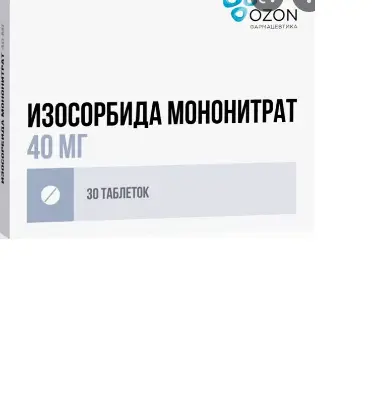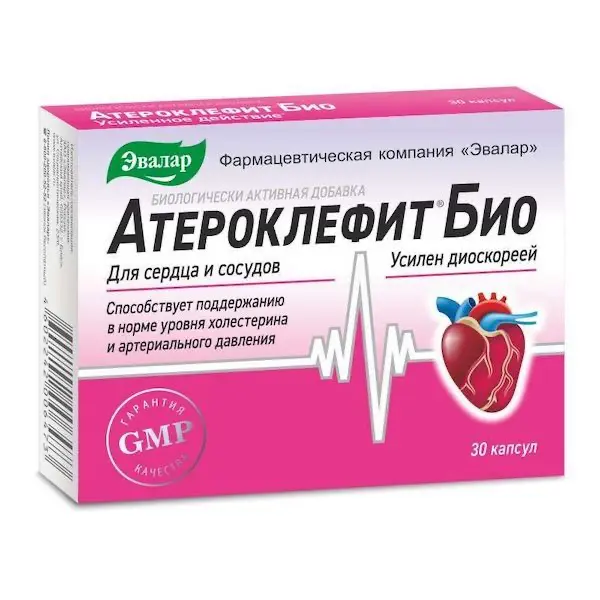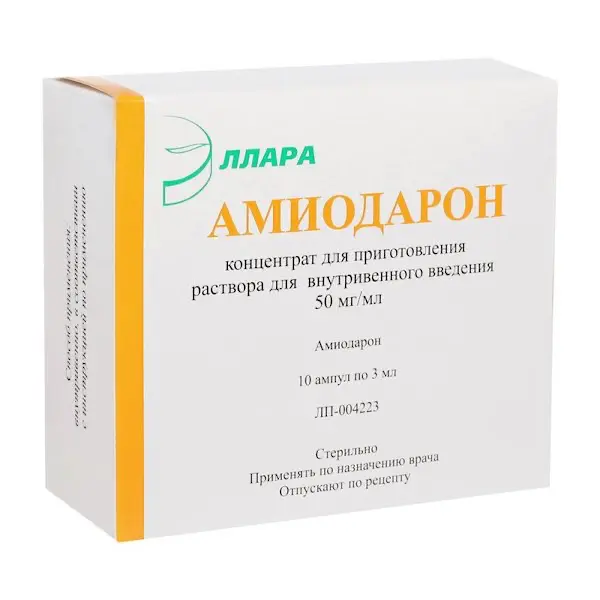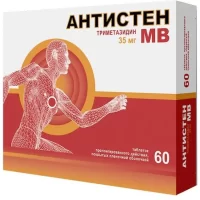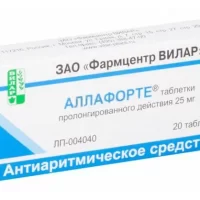Description
Isosorbide Mononitrate Pharmacodynamics
Peripheral vasodilator with predominant effect on venous vessels.
Stimulates the formation of nitric oxide (endothelial relaxing factor) in vascular endothelium, causing activation of intracellular guanylate cyclase, which results in increased cyclic guanosine monophosphate (cGMP) (mediator of vasodilation).
It reduces myocardial oxygen demand by reducing preload and postload (reduces left ventricular end-diastolic volume and reduces systolic stress on its walls).
It has coronary dilator effect.
Reduces blood flow to the right atrium, helps to reduce pressure in the small circle of circulation and regression of symptoms in pulmonary edema. Promotes redistribution of coronary blood flow in the area with reduced blood circulation.
Increases exercise tolerance in patients with coronary heart disease (CHD), angina pectoris.
Dilates cerebral vessels, dura mater, which may be accompanied by headache.
Cross-tolerance develops to isosorbide, as to other nitrates. After discontinuation of therapy (treatment interruption), sensitivity to it quickly recovers. Antianginal effect occurs 30-40 minutes after oral administration and lasts up to 8-10 hours.
Indications
– Coronary heart disease: prevention of stable angina attacks;
– Chronic heart failure (as part of combination therapy).
Contraindications
– Hypersensitivity to isosorbide mononitrate, other nitro compounds and components of the drug;
– Severe arterial hypotension (systolic blood pressure less than 90 mm Hg);
– acute heart failure (shock, vascular collapse);
– cardiogenic shock, if correction of left ventricular end-diastolic pressure by intra-aortic balloon counterpulsation or by the use of drugs with positive inotropic effect is impossible;
– Severe aortic and/or severe mitral stenosis, hypertrophic obstructive cardiomyopathy (HCMP);
– cardiac tamponade;
– constrictive pericarditis;
– toxic pulmonary edema;
– severe hypovolemia;
– severe anemia;
– concomitant use with phosphodiesterase-5 (PDE-5) inhibitors (sildenafil, vardenafil, tadalafil);
– concomitant use with riociguat (soluble guanylate cyclase stimulator);
– Breast-feeding period;
– childhood under 18 years of age (efficacy and safety not established);
– lactose intolerance, lactase deficiency, glucose-galactose malabsorption (the drug contains lactose).
Dosage and administration
- Tablets should be taken orally, whole with water one hour before or two hours after a meal.
- The drug dose and the frequency of intake are set individually, depending on the severity of the disease.
- Coronary heart disease: prevention of stable angina attacks.
- Initial dose is 1 tablet (40 mg) once a day, in the morning.
- If necessary, the dose may be increased to 60 mg once a day.
- In case of nocturnal attacks of angina pectoris, the tablet should be taken in the evening.
- Depending on the severity of the clinical effect, the single dose may be increased to 60 to 80 mg on the 3rd to 5th day of therapy with the same frequency of administration.
- Chronic heart failure (as part of combined therapy)
Treatment of chronic heart failure is usually started in the hospital, where the dose is selected taking into account the therapeutic effect and side effects. - The drug should be taken 1 tablet (40 mg or 60 mg) once a day or 1 tablet (40 mg) twice a day (1 tablet in the morning and another approximately 7 hours later). The interval between the last dose in the evening and the first dose the next morning should be at least 12 hours.
- Special patient groups
Older age. - No dosage regimen adjustment is required.

